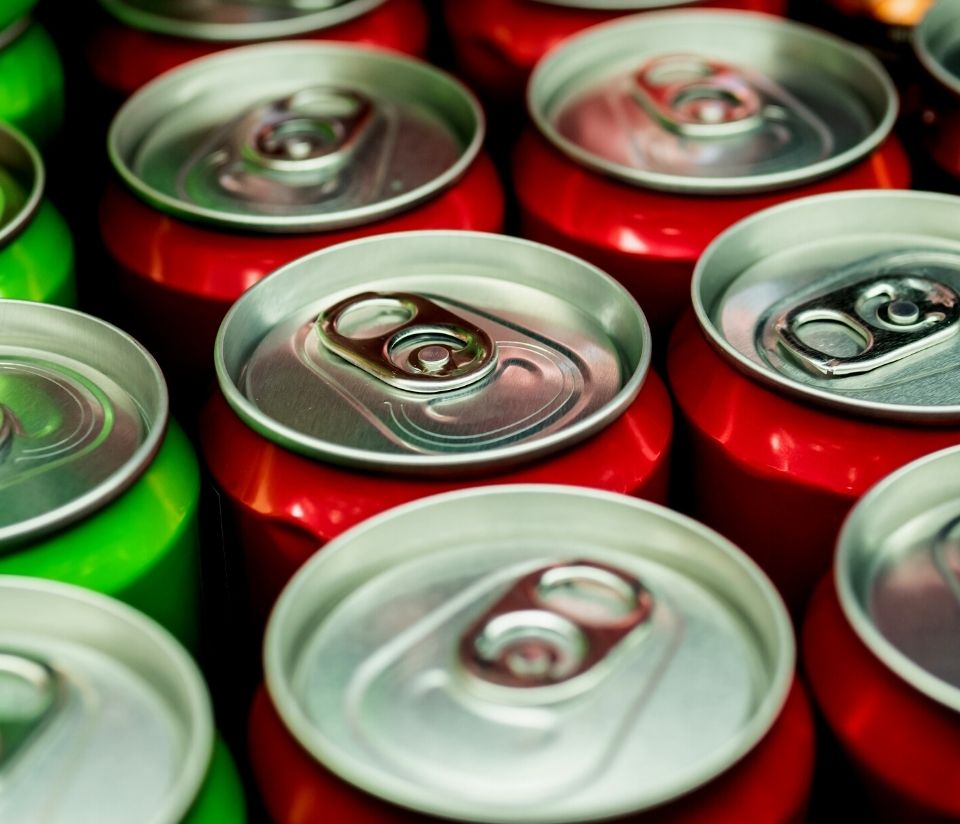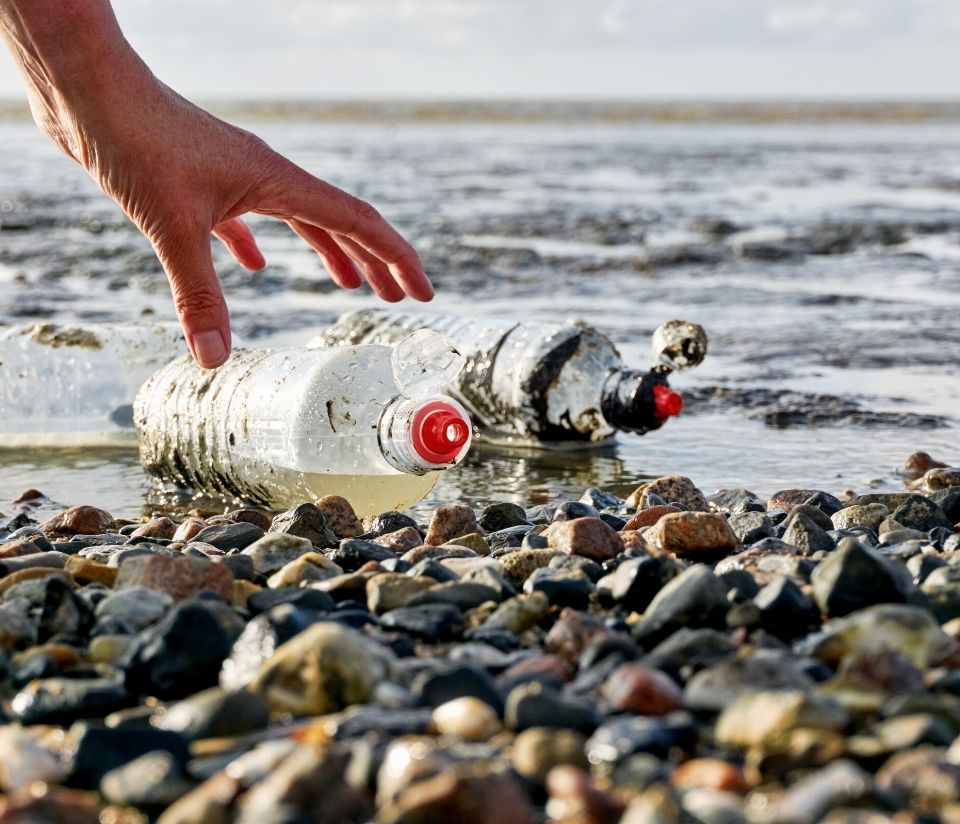
Ethical & Sustainable Soft Drinks Brands
Which soft drinks brands are the most ethical and sustainable? For the answer, see our our Ethical Soft Drinks Ratings Table to compare brands’ scores.
Why are plastic drink bottles so bad for the environment?
Soft drink brands are some of the biggest businesses in the world. Soft drinks appear on t-shirts, in Christmas adverts, celebrity endorsements, in music and on shop shelves right around the globe. Approximately 13.52 billion litres consumed every year in the UK in 2020 alone. Soft drinks brands are hugely powerful. So it’s important decision for ethical shoppers: which soft drinks brands should you buy from?
Plastic pollution remains a major issue within the soft drinks sector. According to Greenpeace, 16 million plastic drink bottles are dumped into our environment every day!
When sent to landfill, these plastic drink bottles contribute to giant piles of waste that will take decades, if not centuries, to degrade. Even worse, when plastic drink bottles are dumped in the sea, they slowly break down into microplastics, contaminating our oceans, our bodies and damaging important marine species.
Fortunately, times are changing, and many companies are now offering better alternatives to plastic drink bottles. This includes creating recyclable packaging and introducing schemes for returning bottles after use.
Our Ethical Soft Drinks Ratings Table shows you how the UK’s leading soft drink companies have performed on their environmental record, as well as on issues relating to animal welfare and human rights. This allows you to examine how sustainable your favourite drinks are and see whether they meet your ethical standards, without spending hours trawling through research!
Our research: the role of plastic drink bottles in polluting the environment
Unfortunately, our research found that many popular drinks brands are some of the worst offenders for polluting our environment with plastic drink bottles.
In 2020, Tearfund published a report on four of the worlds worst plastic polluters, which includes Coca-Cola and PepsiCo. The report only focuses on 6 countries, so these figures would be even worse if assessed globally.
According to the report, Coca-Cola is responsible for 200,000 tonnes of plastic pollution every year, the equivalent of 33 football pitches a day. Similarly, PepsiCo is responsible for 137,000 tonnes of plastic waste, or 22 football pitches a day.
This is not the first time that Coca-Cola and PepsiCo have been criticised for their role in plastic pollution. In 2019, Break Free From Plastic revealed that Coca-Cola is the world’s worst plastic polluter, whilst PepsiCo came in third place. Part of the issue is clearly the large amount of single-use plastic drink bottles sold by both companies, which are well known for being environmentally harmful.
The plastic pollution concern is one of the reasons why brands owned by Coca-Cola and PepsiCo score poorly within our research. Coca-Cola brands, which includes Fanta, Dr Pepper, Sprite, and many more, receive a score of 55 in our table. PepsiCo, which owns 7Up, Copella, Pepsi, and Tropicana, receives a score of 41. We recommend avoiding these brands if you are concerned about contributing to plastic pollution.

Better alternatives to plastic drink bottles
Fortunately, many soft drinks companies are cleaning up their act by introducing products sold in recyclable packaging, or other better alternatives to plastic drink bottles.
Buying products made with recyclable packaging means they are less likely to go into landfill or the oceans after you have used them. Additionally, by making it clear with your purchases that you are not willing to support unsustainable products, you are encouraging more brands to introduce recyclable packaging in the future.
Organic drink brands as a way to buy ethically
There are a whole host of new and exciting organic drink brands. Often these soft drink brands are small-scale, independently-owned, family-run, locally based and sometimes, the products are even packaged in glass, rather than in plastic drink bottles. Organic drink brands specifically designed for children are also good to buy from, as their fruits are grown without using dangerous pesticides or harmful insecticides. Our Ethical Soft Drinks Ratings Table will show you the best brands to buy from, including if they supply organic drink products.
We are pleased to see that many companies are creating more ethical ways to consume drinks. We hope that big companies such as Coca-Cola and PepsiCo will follow suit in the future.
See our Ethical Soft Drinks Ratings Table to compare brands
Every soft drink brand that appears on our ratings table has been extensively researched by The Good Shopping Guide. Click on an individual brand name to read more information about the ethics and sustainability of each soft drinks brand.
GUTsy Captain, Whole Earth, Britvic, Fruit Shoot, J2O, Purdey’s, Robinsons, Tango, Remedy, Irn-Bru, MOJU, Rubicon, Fentimans, Firefly, Juice Burst, Libby’s Vimto, Appletiser, Coca-cola, Dr Pepper, Fanta, Innocent, Lilt, Oasis, Powerade, Schweppes, Sprite, Bottlegreen, Shloer, Red Bull, 7Up, Copella, Monster, Pepsi, San Pellegrino, Tropicana, Lucozade and Ribena.